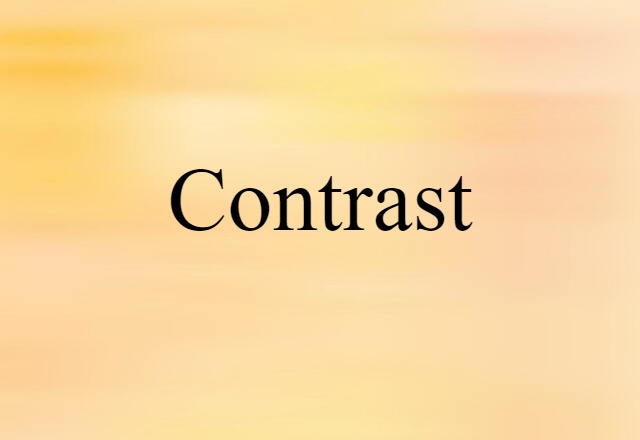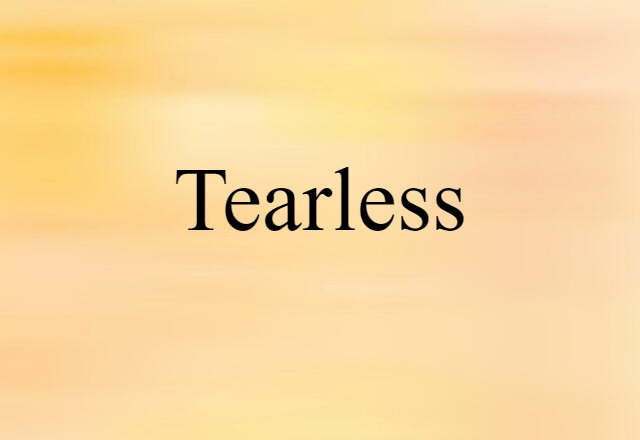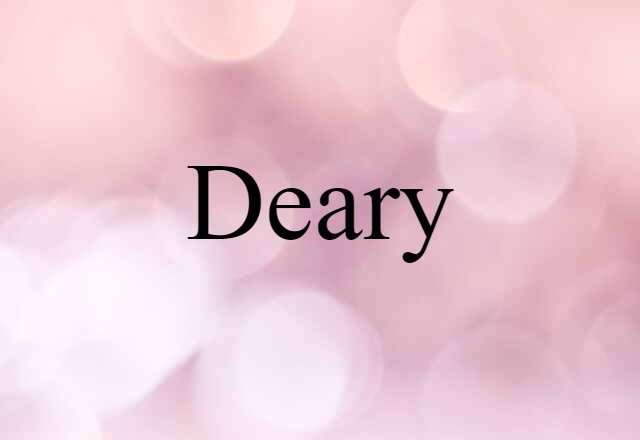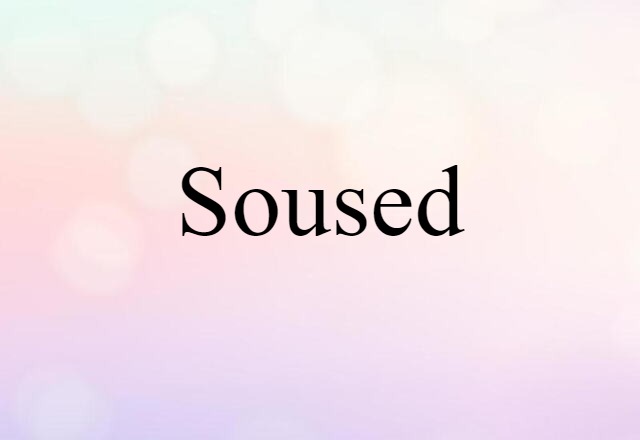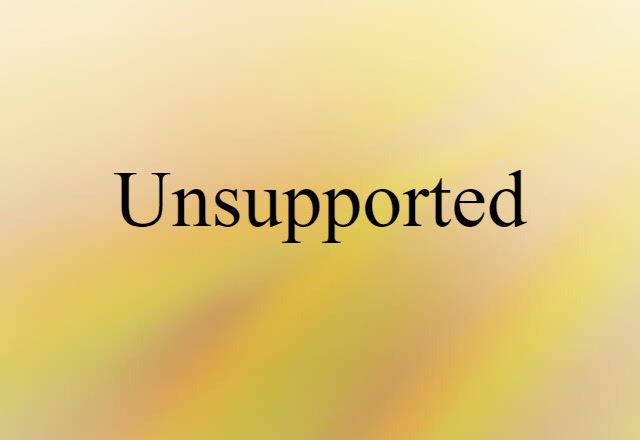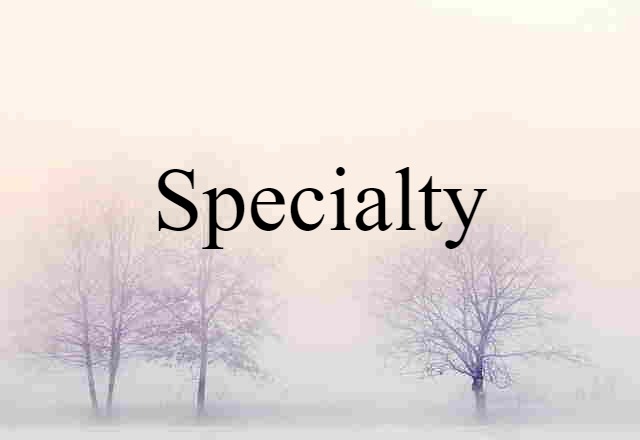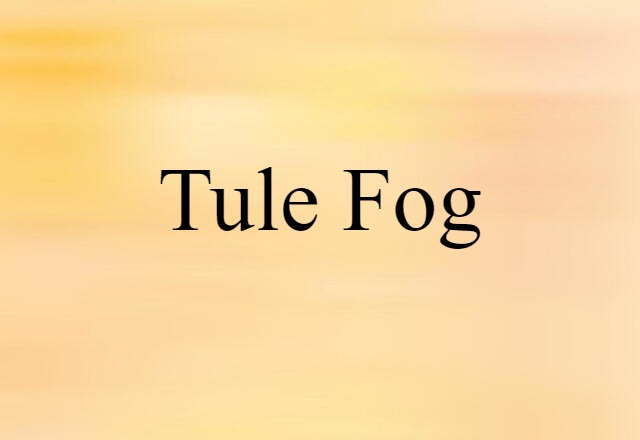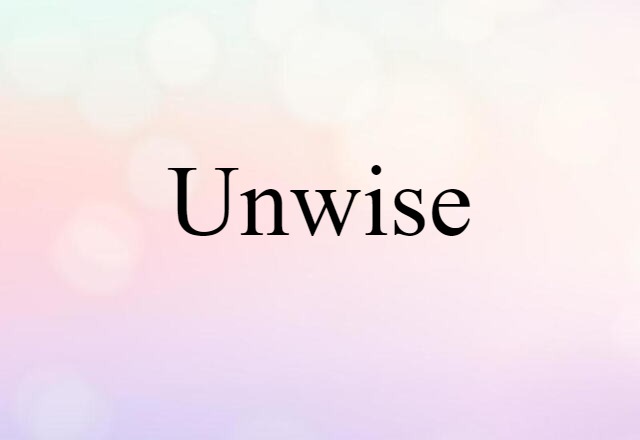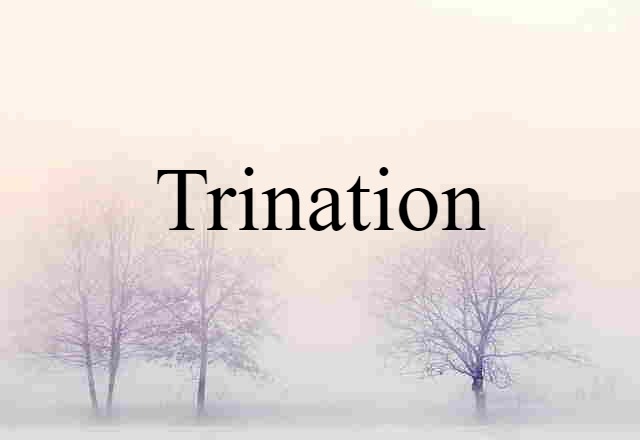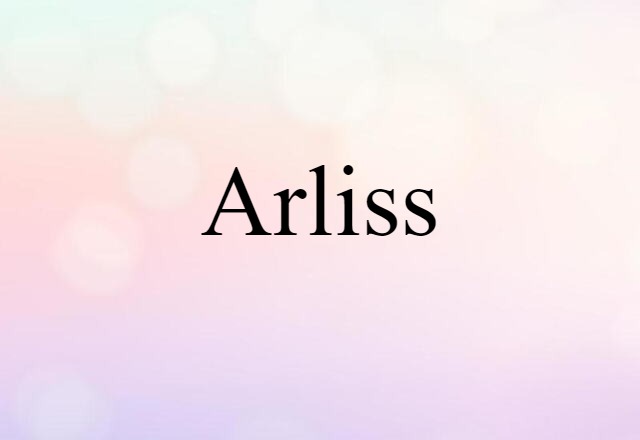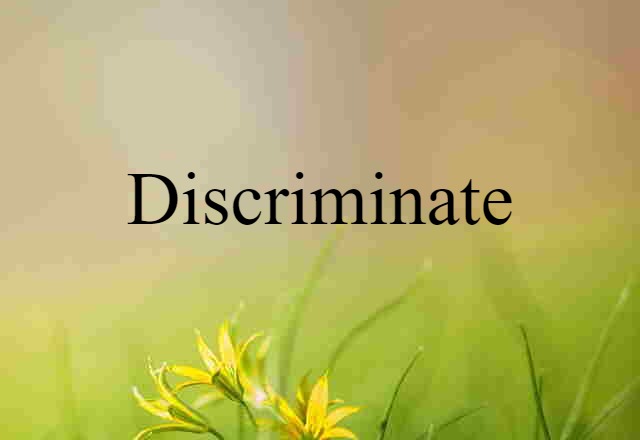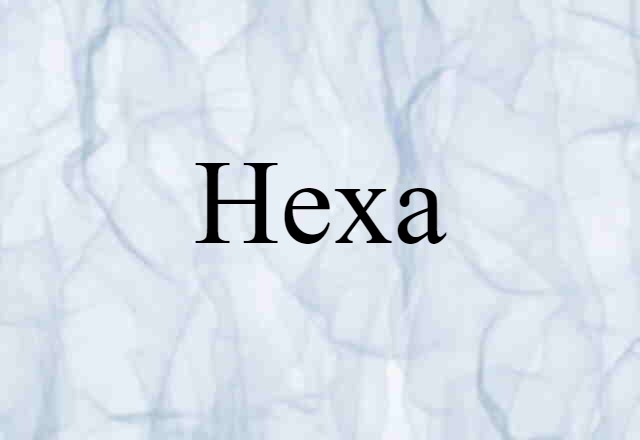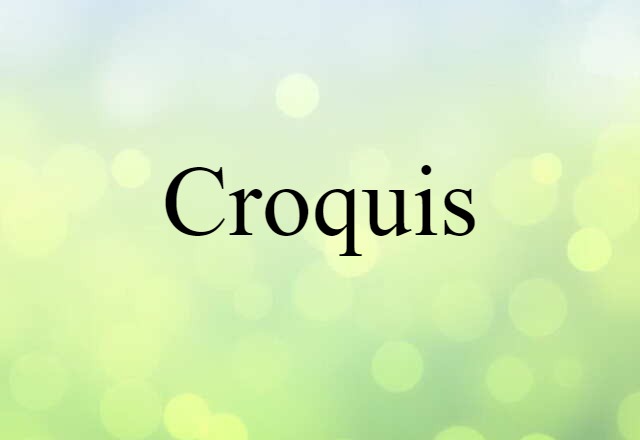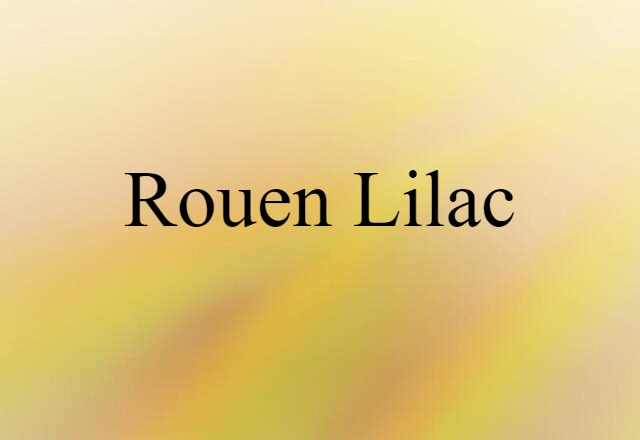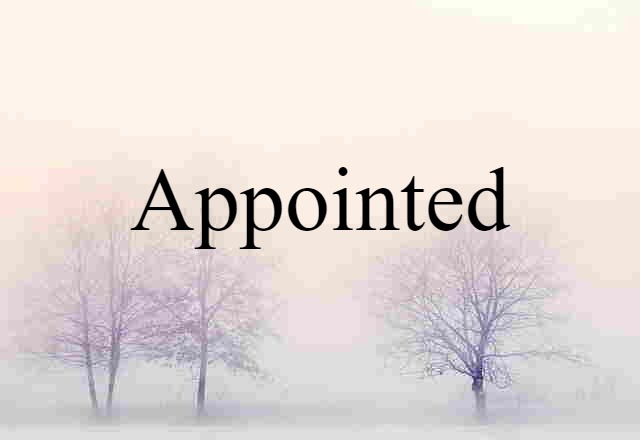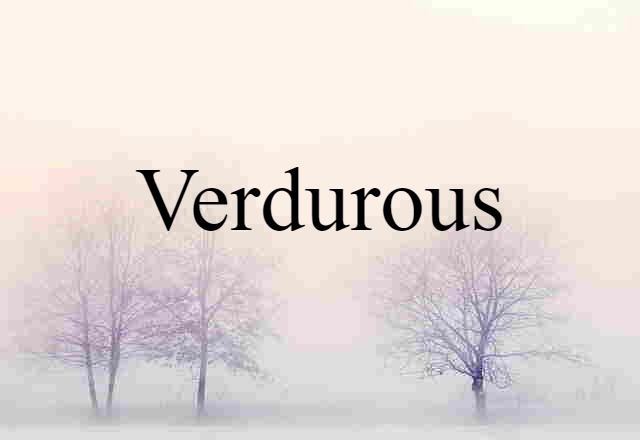- to compare in order to show unlikeness or differences; note the opposite natures, purposes, etc., of: Contrast the political rights of Romans and Greeks.
- to show striking difference when compared with or viewed alongside something else: Youth leadership on the issue contrasts with government inaction.The blue of the wood trim contrasts nicely with the pale yellow walls.
- to differ in a way that can serve to distinguish meanings: The sounds (p) and (b) contrast in the words “pin” and “bin.”
- a striking difference: The study revealed interesting contrasts between people who regularly read books and those who don't.
- a person or thing that is strikingly different in comparison: The weather down here is a welcome contrast to what we're having back home.
- opposition or juxtaposition of different formal elements in a work of art, music, or literature to intensify each element's properties and make the work more dynamically expressive: The artist makes effective use of color contrast in the illustrations.There’s a stark contrast of tempo in the sonata’s two movements.
- the act of comparing people or things so as to draw attention to striking differences between them: Each essay topic involves the contrast of two of the novels studied in the course.
- the relative difference between light and dark areas of a print, digital photograph, or negative.
- the brightness ratio of the lightest to the darkest part of the screen image on a television, computer, or other electronic device.
- a difference between linguistic elements, especially sounds, that can serve to distinguish meanings.
- See entry at by contrast.
- See entry at compare and contrast.
- in comparison to something that is the opposite or strikingly different in some respect: In contrast to personal computers, which are rare in that country, cell phones are widely available and even most children have their own.
- to show a striking difference when compared to or with: The actor’s on-screen gun violence stands in contrast to her real-life persona as an advocate for gun control.
- to distinguish or be distinguished by comparison of unlike or opposite qualities
- distinction or emphasis of difference by comparison of opposite or dissimilar things, qualities, etc (esp in the phrases by contrast, in contrast to or with)
- a person or thing showing notable differences when compared with another
- (in painting) the effect of the juxtaposition of different colours, tones, etc
- (of a photographic emulsion) the degree of density measured against exposure used
- the extent to which adjacent areas of an optical image, esp on a television screen or in a photographic negative or print, differ in brightness
- the phenomenon that when two different but related stimuli are presented close together in space and/or time they are perceived as being more different than they really are
